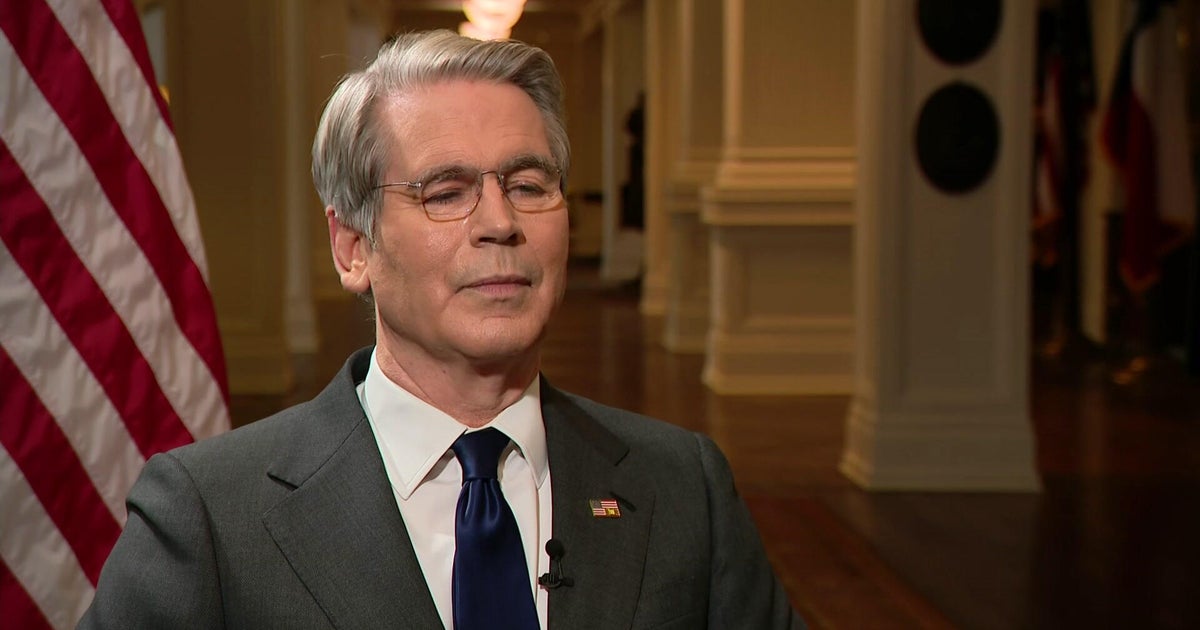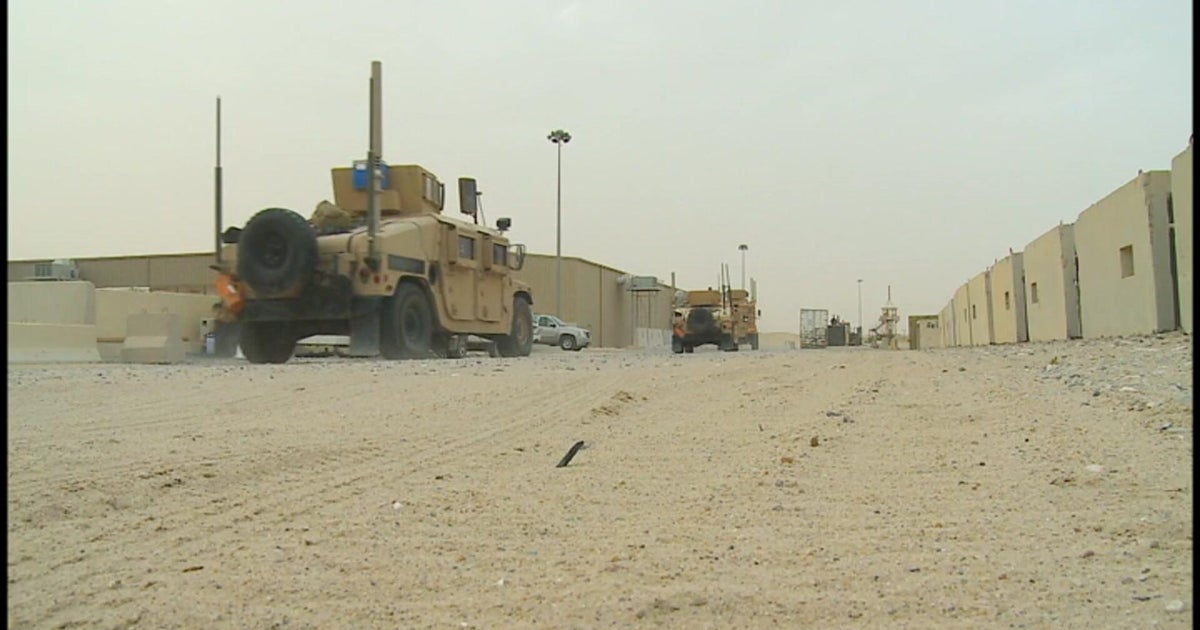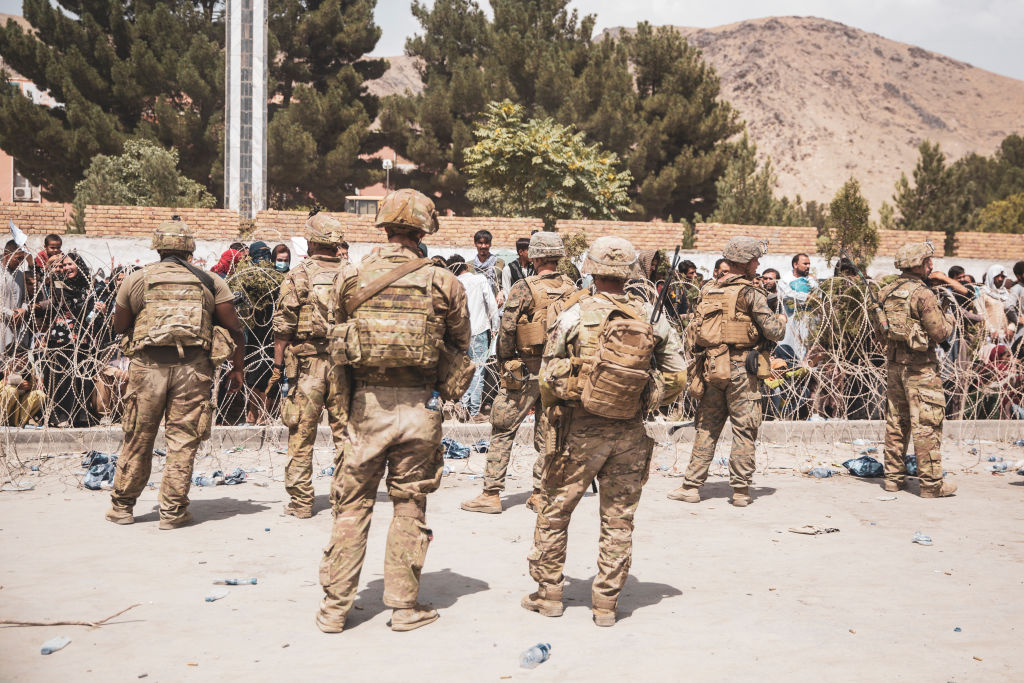Intel experts on what Trump should be looking for in his next national security adviser
As President Donald Trump interviews candidates to be his next national security adviser after the resignation of Michael Flynn, what should he be looking for?
Two experts in national security and intelligence -- former National Security Adviser Tom Donilon and former acting CIA chief Mike Morell -- weighed in on CBS’ “Face the Nation,” stressing how important it is that Mr. Trump fills the job quickly.
“It is the center of policy development and crisis management for the U.S. government,” Donilon said. “And if it’s not appropriately staffed, and functioning effectively, if it doesn’t have the trust of the Cabinet, right, and working together with the Cabinet, you cannot make policy, and you cannot manage crises in the United States government.”
He added that the model for the job is Brent Scowcroft, who held the position under both Presidents Gerald Ford and George H.W. Bush.
The goal is “to have someone who’s calm, steady and can run a process,” he said. “You need to give the national security adviser all the authority that he or she needs. And you need to have it be the exclusive process. You cannot have alternative and parallel processes, right?”
Morell added that the national security adviser should be able to synthesize the whole NSC’s views to the president, not just his or her own personal views.
“Another really important aspect is to bring together the views of the national security team to the president and not drive those views to what you, the national security adviser, believes,” he said.
It’s important to have a fully staffed NSC because that’s the place that can help clarify Mr. Trump’s “definitive views” to the rest of the world, Donilon said.
“The world is looking for President Trump’s definitive views, right? And there’s a high degree of uncertainty and anxiety in the world,” he said. “And the place where that happens is the National Security Council. And it’s led by the national security adviser. So you need to have a permanent leader who can take on these challenges.”
That’s especially important with Russia stepping up its aggressive moves toward the United States in recent weeks, Morell said.
Russian President Vladimir Putin “has taken a number of actions, I think, to actually challenge the president, to test the president,” Morell said. “He has increased the fighting in Eastern Ukraine. Just yesterday, he announced that Russia would accept the passports of people from Eastern Ukraine. That sends a very powerful signal. And they have deployed a cruise missile that is contrary to a arms control treaty. So three things, three very significant things in the last three weeks. And I think it’s important for the president to stand up and say something about it.
And as for North Korea, which conducted a missile test last week, Donilon said that nuclear attacks on the U.S. are just one cause for concern -- a collapse in the North Korean regime, or the country deciding to sell some of its nuclear weapons, would be just as dangerous.
“This, I think, could be the first crisis in 2017,” Donilon said.
Morell said Mr. Trump’s criticism of the intelligence community is continuing to have an impact on morale among intelligence agents and officers.
“Once the president got his team in there, Mike Pompeo, things quieted down. But now it’s heating up again with the President’s criticism over the leaks,” he said. “Just because it’s intelligence information that was leaked doesn’t mean it was leaked by the intelligence community or CIA, right? Big difference. But he is now criticizing them.”
He added that going forward, intelligence community morale will depend not so much on Mr. Trump’s public criticism of the agencies but on whether they believe the president “has an open mind about what they have to say.”
“He doesn’t have to agree, but he has to listen,” Morell said.



